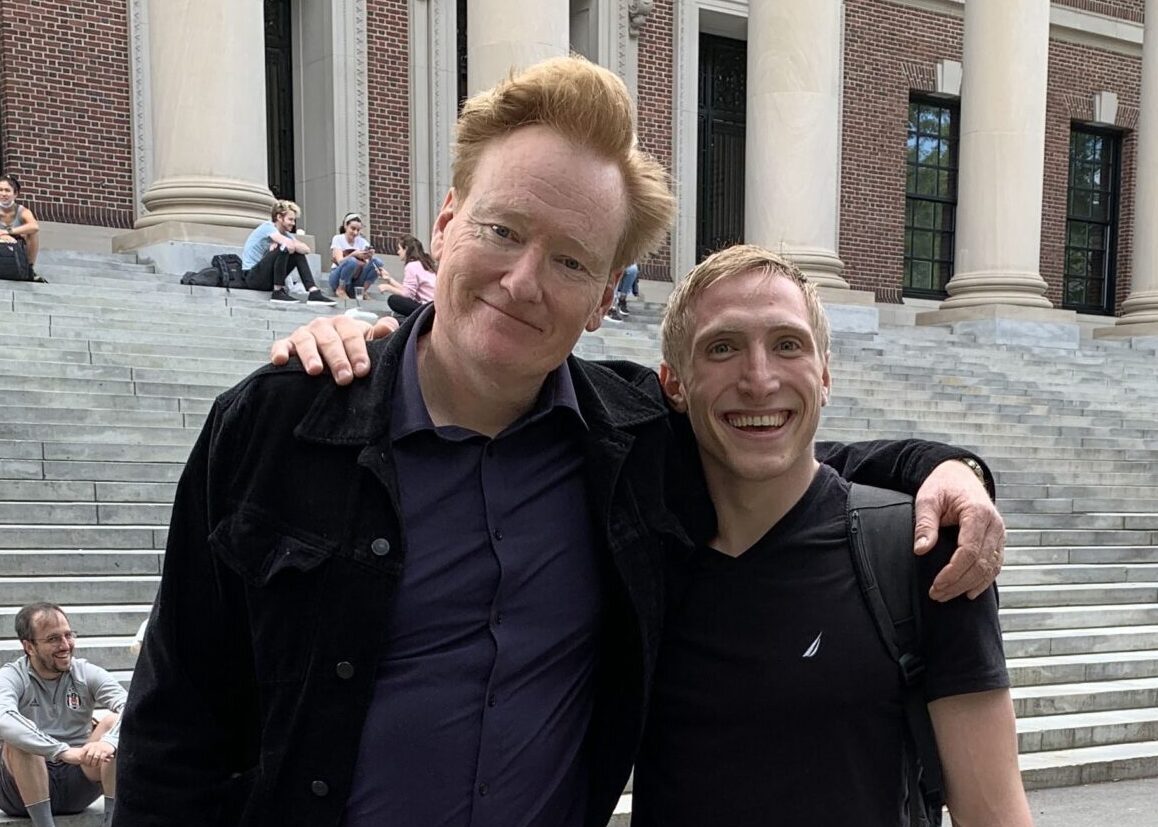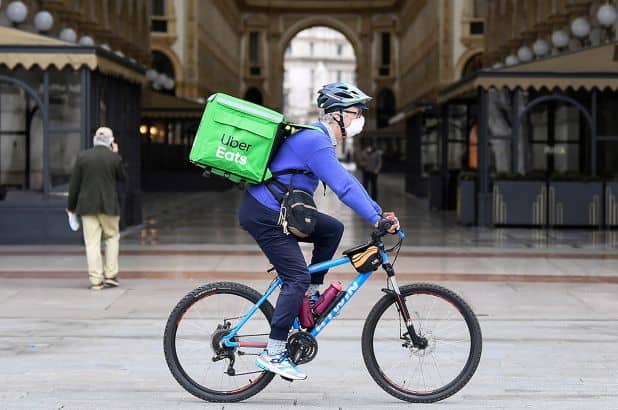
Greg Volynsky is a student at Harvard Law School.
In Today’s News & Commentary, Starbucks is found to violate labor law on a national scale, NYC minimum wage rule for food delivery workers expected to take effect, and Supreme Court to weigh in on transportation exemption to Federal Arbitration Act.
On Thursday, an NLRB judge held that Starbucks violated federal labor law by increasing wages and benefits solely for employees in non-unionized US stores. Administrative Law Judge (ALJ) Anzalone directed Starbucks to compensate numerous unionized workers for denied wages and benefits. The ALJ held that Starbucks’ decision to grant increases only to non-unionized stores was “aimed to dissuade union organizing”. Judge Anzalone found evidence of unlawful motive in the timing of the wage and benefit increases and Schultz’ “awkward effort” to explain the increases to shareholders: “Schultz’ non-answers were answer enough.” While Starbucks has been found to violate the NLRA more than a dozen times, this ruling represents the first time the coffee chain has been found guilty of breaking the law on a national scale.
Also on Thursday, a judge ruled in favor of New York City’s decision to raise the minimum wages for app-based food delivery workers. The new wage regulation mandates tech companies to pay gig workers roughly $18 per hour, increasing to $20 by 2025. These workers currently earn an average wage of about $11 an hour, per city estimates. The City Council adopted the legislative package in 2021, and the NYC Department of Consumer and Worker Protection (DCWP) published the Final Minimum Pay Rule on June 12, 2023, which was set to go into effect on July 12.
Before the Rule took effect, major food delivery services filed a lawsuit against New York City, as I reported in early July. The lawsuit contended that the new rule lacks a rational basis, claiming it is based on flawed surveys, only compensates workers for on-call time, and overlooks certain consequences the DCPW failed to consider, among other concerns. The platforms argued that the increased wages would compel them to raise prices for consumers, harming local restaurants. Additionally, the platforms argued the wage rule would force them to closely track worker activity, leading to heightened competition among couriers.
Yesterday, Judge Moyne denied Uber, DoorDash, and GrubHub a preliminary injunction, holding that they have not demonstrated that they are likely to succeed on the merits. The Judge explained that higher minimum wage is not “mutually exclusive with worker flexibility.” The Judge also noted that that “DCWP subpoenaed data from the platforms that would have enabled it to model incidence of higher pay on detailed subsets of merchants and consumers, [but] the platforms failed to produce it.”
However, the Judge did find that Relay, a smaller food delivery platform, is likely to succeed on the merits and granted the company a preliminary injunction. Relay contracts with restaurants to deliver food orders placed directly with the restaurant. Judge Moyne reasoned that DCWP failed to consider the implications of Relay’s business model: unlike consumer-facing apps, Relay cannot offset costs by increasing deliveries per hour (because its couriers already deliver at twice the hourly rate of consumer-facing apps). Moreover, Relay’s greater efficiency means its couriers receive more compensation in tips.
A spokesman for Uber said the city “continues to lie to workers and the public,” and that the law will “put thousands of New Yorkers out of work and force the remaining couriers to compete against each other to deliver orders faster.”
Also in labor news, drivers for Flowers Foods Inc., who deliver baked goods, have successfully persuaded the US Supreme Court to review their case concerning an exemption to federal arbitration laws. The Federal Arbitration Act (FAA), which requires enforcement of most arbitration agreements, exempts certain transportation workers. Drivers for Flowers Foods argue that this exemption applies to them. The Second Circuit held that drivers did not qualify as transportation workers under the FAA, because their employer is not in the transportation industry. There is currently a disagreement among circuits as to whether the exemption is available to all workers in transportation or only those whose employers are in the transportation industry. The case will give the Supreme Court a chance to weigh in.






Daily News & Commentary
Start your day with our roundup of the latest labor developments. See all
January 22
Hyundai’s labor union warns against the introduction of humanoid robots; Oregon and California trades unions take different paths to advocate for union jobs.
January 20
In today’s news and commentary, SEIU advocates for a wealth tax, the DOL gets a budget increase, and the NLRB struggles with its workforce. The SEIU United Healthcare Workers West is advancing a California ballot initiative to impose a one-time 5% tax on personal wealth above $1 billion, aiming to raise funds for the state’s […]
January 19
Department of Education pauses wage garnishment; Valero Energy announces layoffs; Labor Department wins back wages for healthcare workers.
January 18
Met Museum workers unionize; a new report reveals a $0.76 average tip for gig workers in NYC; and U.S. workers receive the smallest share of capital since 1947.
January 16
The NLRB publishes its first decision since regaining a quorum; Minneapolis labor unions call for a general strike in response to the ICE killing of Renee Good; federal workers rally in DC to show support for the Protecting America’s Workforce Act.
January 15
New investigation into the Secretary of Labor; New Jersey bill to protect child content creators; NIOSH reinstates hundreds of employees.